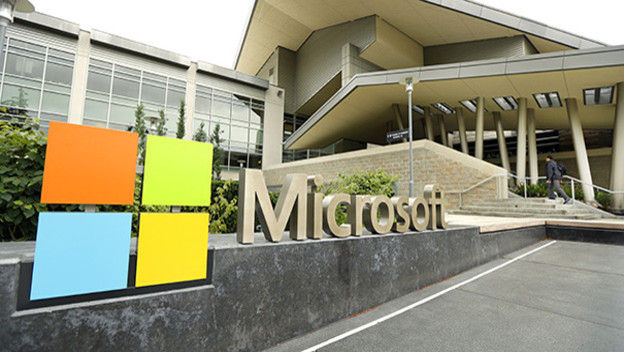Phil Spencer recently participated in an interview in which he was asked a question potentially damaging to the company’s pride: could Microsoft still beat Sony in this generation’s console war? Spencer replied, “You know, I don’t know. You know, the length of the generation…they have a huge lead and they have a great product. I love the content, the games line-up that we have.” His response is strangely humble for the one in charge of the Xbox brand, but I suppose it’s the only respectable stance you can take when you’re not in first place.
And so I asked myself this: is Microsoft being in second place a bad thing? Well, I think it’s a double-edged sword, one that affects both the company and its consumers. For now, Sony’s first place position gives them opportunities to offer enticing timed exclusives and recruit more third-party teams to develop for its console. Not that Microsoft won’t also have many of these third-party games under their belt—they’re certainly in a much better position than the Wii U in that regard; however, they do still need to convince consumers to go with their console for third parties. Meanwhile, I’m sure PS4 will focus on maintenance, and PC gamers will continue laughing as they develop and download more mods.
Yet, despite Microsoft’s position, I think that they’re in a better position to improve their strategy for the next generation of consoles. I predict that the three publishers are going to revert back to their strategies from previous generations. Take notice how Microsoft and Sony have seemingly switched places beginning with E3 2013. With the PlayStation 3, Sony had become so arrogant with its PS2-era success that it told its fans to get a second job if they wanted to afford the console. Meanwhile, the Xbox 360, a moderately price alternative that could compete with the PlayStation 3’s graphics, was free to snatch up the third party titles that had once been exclusive to Sony, like Final Fantasy XIII , and become the center of Activision’s attention with the Call of Duty franchise. Of course, the Wii trumped both of them on the sales chart.
Now the advantage is once again Sony’s—this time beating even Nintendo’s successor to the Wii—and Microsoft is in a respectable second place. Like Sony, Microsoft had a bit of cocky swagger during E3 2013, spouting features like always online, lack of backwards compatibility, and a price tag significantly higher than the PlayStation 4. I wouldn’t say Microsoft was nearly as arrogant as Sony was with the PlayStation 3, but it lost sight of what gamers want, and Sony, having learned its lesson the hard way, focused more on providing a game console than an entertainment system. Even Nintendo lost ground once it tried to go after its old hardcore audience, which it feared it lost due to the Wii’s image as a casual console.

What I like about Microsoft is that it has shown a surprising reaction-time to public perception. The American publisher is quick to change, and is more likely to acknowledge its faults compared to Sony. As Spencer said in the interview, he’s more interested in gaining new (or old) customers, and I’ve noticed plenty of changes since that disastrous 2013 E3. As indicated by Activision’s Call of Duty franchise jumping ship to PlayStation 4, Sony has the audience reach needed to compel third parties to deliver them some nifty timed-exclusive content. With this advantage, I don’t see Microsoft catching up to Sony any time soon, but in the meantime, we can tell they’re listening. The Western publisher has a slew of exclusive content coming to consoles this winter—they’re not like Sony, which has only promised better things to come in 2016 and possibly later.
I predict that the next console generation, assuming that none of the big three drop out of the race, will once again switch positions. Sony will once again grow arrogant with its console’s features, and Microsoft will offer a more affordable alternative that gives it the lead—and who knows what will happen with the Nintendo NX. In the meantime, Microsoft will just have to focus on what it has and try to improve from there. Spencer’s attitude is certainly the right one to have in the company’s situation.
